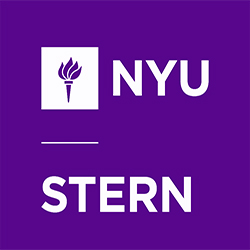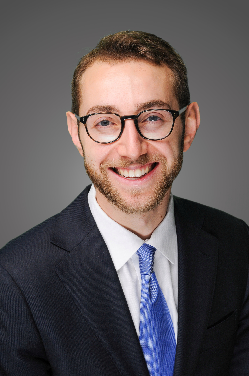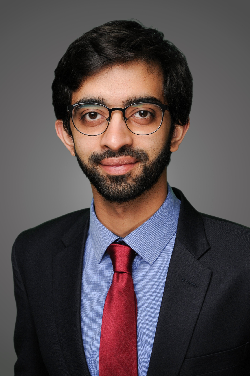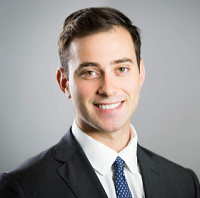 Ketriel Mendy is an MBA2 at NYU Stern, specializing in Finance and Entrepreneurship & Innovation. Prior to Stern, he worked as a Senior Business Analyst at Chewy.com. In Addition, he served in the United States Navy as a Surface Warfare Officer across the Pacific. As a first-generation immigrant, Ketriel is President of the Stern in Africa club. In the summer of 2020, Ketriel worked in the Product Strategy and Merchandising group at Allbirds. He holds a Bachelor of Science in Economics from Tulane University.
Ketriel Mendy is an MBA2 at NYU Stern, specializing in Finance and Entrepreneurship & Innovation. Prior to Stern, he worked as a Senior Business Analyst at Chewy.com. In Addition, he served in the United States Navy as a Surface Warfare Officer across the Pacific. As a first-generation immigrant, Ketriel is President of the Stern in Africa club. In the summer of 2020, Ketriel worked in the Product Strategy and Merchandising group at Allbirds. He holds a Bachelor of Science in Economics from Tulane University.
The first time that I heard that I should do Leadership Fellows was in a conversation with MBA2 who was my teaching fellow as talked through an issue with my peers. She told me that Leadership Fellows was the sort of opportunity that I “might be into”. She was absolutely right. Leadership Fellows has been the forum I was looking for in terms of how to dig in deep with people in terms of how to cultivate ourselves as individuals, members of society, and ultimately, leaders. I can say without reservation that this is the most consequential thing that I believe that I’m doing in my second year.
Over the course of 2020, uncertainty, ambiguity, and leadership are weighing on us daily as we navigate a global pandemic, social turmoil, shifting economic and political fortunes, and a myriad of personal challenges. Leadership Fellows has helped my formulate my values into a plan of attack and a means to have impact beyond the balance sheet.
This is especially meaningful for me because you’re not doing it alone. My cohort, Tribeca, is filled with another dozen humans that this process is just as important to. What’s been fascinating for me is reflecting on my own journey and contrasting that with others and seeing the universal themes that appear. We all have worries. We all have concerns about our impact in the future of the world. Even in the domains where we are judged as excellent by others, we still have our own doubts. Being able to speak openly and candidly about the things that we are unsure about allows you to examine yourself an entirely new light. In this year where we cannot responsibly see the world as we might in a traditional times, focusing on personal development has provided a rich vein of inquiry to mine.
When I was making my decisions about what I wanted to be exposed to in order to evolve as a leader, I couldn’t have designed a better programming in a lab. Together with my cohort, I’m excited about the journey of development through the next of the year and what we’ll be able to learn about ourselves and each other. I can’t wait to get to work.







